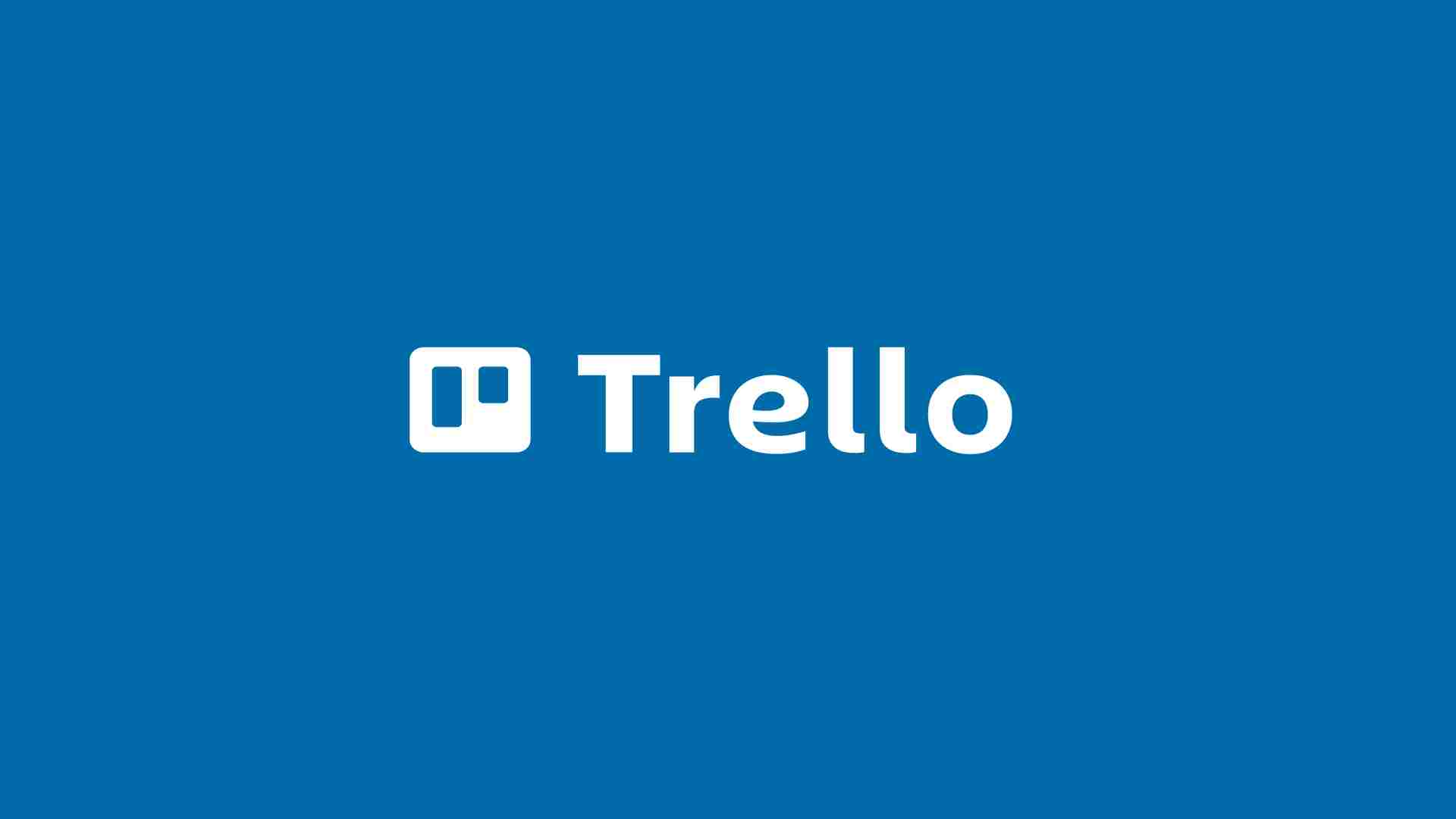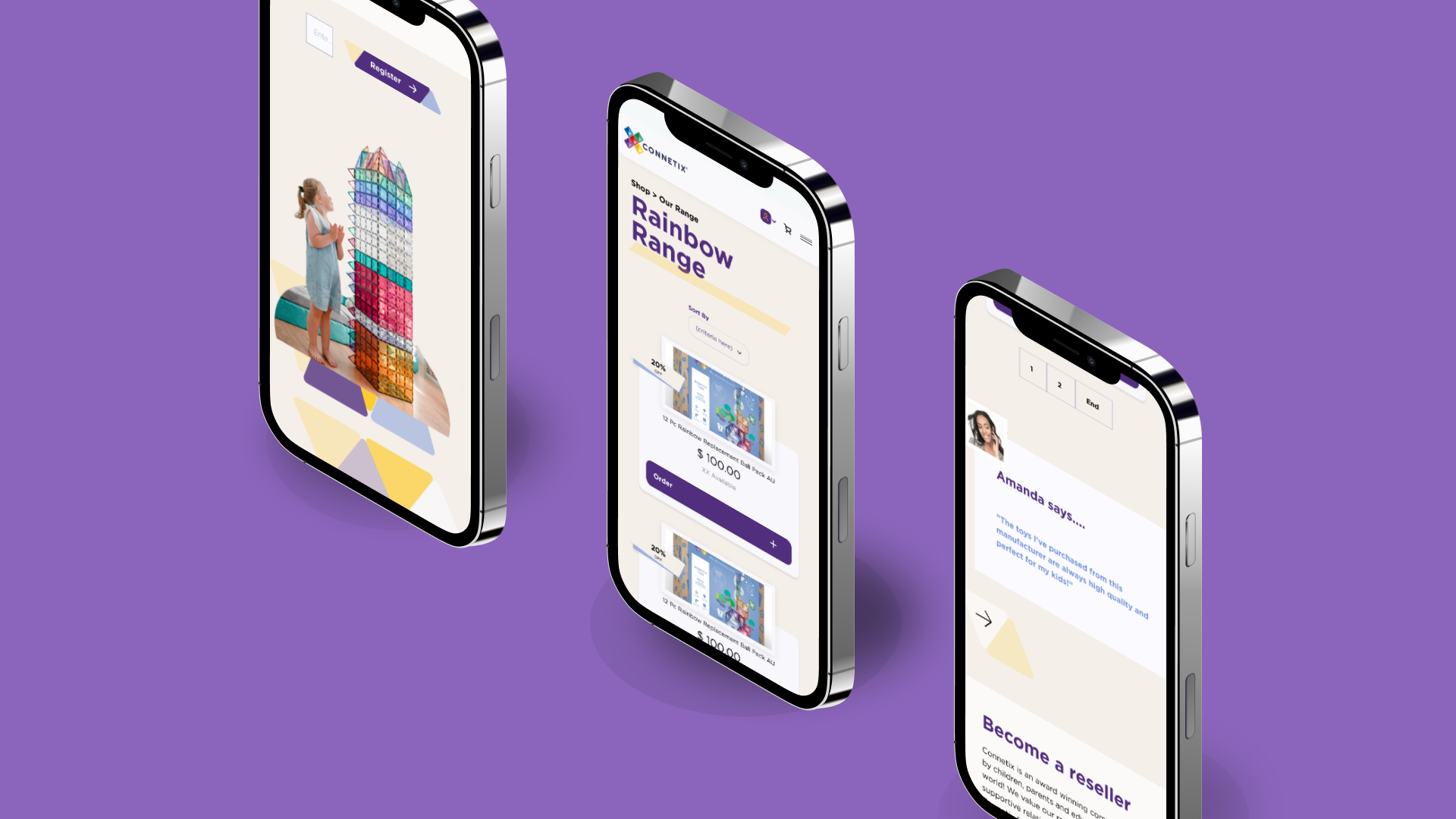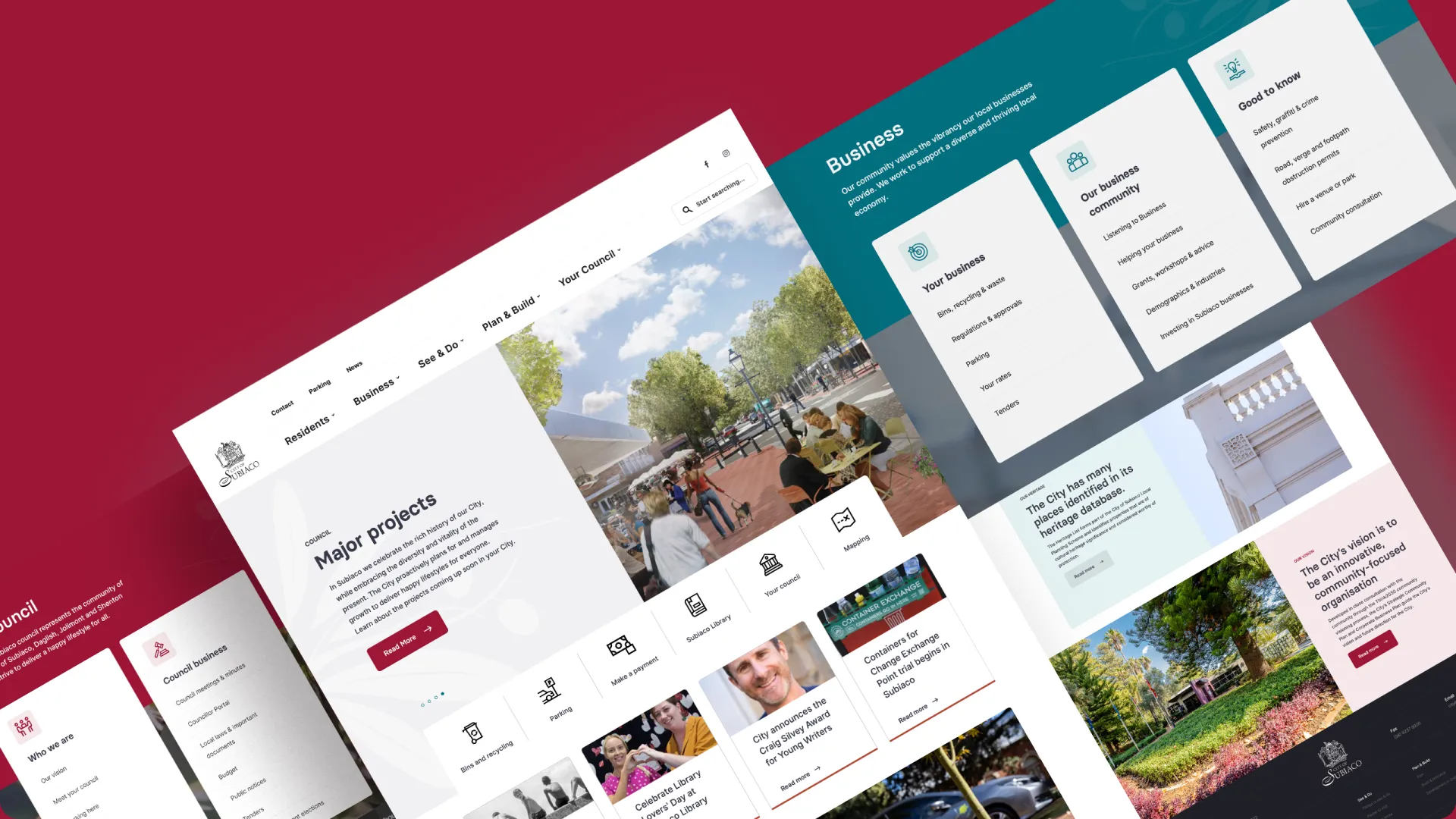
Not all companies use software to manage and track their operations.
Whilst the cost of analytical and operational software has decreased over the last decade, the number of innovative operation tools has increased. These apps help keep track of tasks, serve as an operations tool, and can particularly benefit small business.
Whilst cloud-based applications have their positives, there are a few limitations to consider; these can impact your company's ability to accurately manage operations.
Are you relying on Trello as your main operations tool? It may not be the best solution. Here’s everything you need to know about the limitations of Trello, and why you should consider investing in custom business software.

What is Trello?
Trello is one of the most popular task management applications on the market. This impressive piece of software is a widely popular project management tool that keeps track of tasks. Trello has a simple interface that mimics writing down a to-do list on a public whiteboard.
Trello’s interface is designed around convenience and simplicity. The designers at Trello have based the app's design on sticky notes - making it as simple to use as jotting notes on a public board.
Known as cards, these unique blocks allow users to create lists that they can then share with others in their team. Each entry can be given custom characters, making them more useful than a simple to-do list. Trello also allows users to add comments on each card so that other team members can effectively communicate with each other on the platform.
The platform is so confident in its product that it hosts a free trial prior to purchase. Trello is trusted by millions of businesses around the world and has proven to be one of the best list-making applications on the market.
Benefits of Trello
Trello is a powerful productivity tool that effortlessly integrates with many other applications your business may already use. These benefits can help improve productivity and streamline your organisational process. Here’s a quick overview of its benefits:
1. Simple Interface
Trello is based on a very simple concept: the public board, making it incredibly easy to use for individuals and teams alike. Individuals can create tasks, assign tasks, set due dates, and collaborate with others all on the same platform.
There are many ways in which you can interact with Trello - by creating a board, a list, and/or cards. This differentiation helps keep things organised and concise within the operational process. Specific tasks can also be allocated to individuals or teams, making it even easier to collaborate effectively.
2. Manage Tasks
Trello doesn't just allow you to create tasks and to-do lists. It provides all the essential management tools, allowing you to interact with specific tasks, allocating them at the click of a button. This efficiency allows the team to see who has been assigned to tasks and ensures work is always completed by the right team member, improving the organisational process.
Trello allows administrators and team leaders to actively manage an entire process. This allows individuals to complete tasks and move them along a specific process. Administrators can create cards for each stage of the process and allow individuals to move between cards as they complete tasks.
3. Comments
Communication is one of the most important aspects of effective collaboration. The benefit of quality communication is twofold: speeding up the organisational process and improving team productivity.
Trello does not include a direct messaging service but allows individuals to leave comments on specific cards. This can help individuals leave essential or urgent notes for other team members to act on. Each card can hold an impressive amount of information, making it perfect for companies, both small and large.
4. Attachments
Trello makes use of lists and cards to help organisations keep track of everything on their to-do list. Whilst titles are helpful, collaboration is based heavily on the sharing of additional information - such as documents and images. Trello makes this easy as it allows the attachment of documents onto cards.
This is a great way for administrators and team leaders to distribute vital information to the team, whilst avoiding emails and private messages. In this way, the attachment feature can help improve productivity even further.
5. Integrations
One of the biggest selling points for Trello is its ability to seamlessly integrate with other applications that you're using. Trello is entirely cloud-based but is also available as an app for computers and mobile.
When setting up Trello, you can connect to other platforms such as Google Drive, Salesforce, Slack, and Microsoft Outlook - adding to its overall functionality.

Limitations of Trello
Whilst Trello is an amazing platform, there are a few major limitations to note. The following limitations don’t minimise Trello's effectiveness - but rather indicate why it shouldn't be used as a main operations tool.
1. No Built-in Communications
Trello may allow you to leave comments, but this doesn't compare to built-in communication tools. Leaving comments allows you to share information with colleagues and fellow team members. However, it can also take a lot longer to receive responses, compared to direct communication.
Other collaboration platforms understand the power of communication and make it a vital part of the entire platform. Trello tries to work around this by allowing you to integrate your Trello account with other platforms, such as Microsoft Outlook and Slack.
Whilst effective, it means spending extra for adding on communication-based features.
2. Limited Features
Trello has a very simple form. As a platform, it allows you to create boards, lists, and cards that you can allocate to specific individuals or teams. Whilst effective as task management, its capabilities are limited to project management.
This means that Trello is not ideal to use as a complete operations tool. As mentioned above, Trello is most beneficial alongside other business applications.
3. Not Designed for Everyone
Trello is designed to be as simple as possible. Whilst perfect for most businesses, it also limits its functionality. These limitations mean that Trello will always look a certain way, as there are no options to customise the look for your company.
4. Limited Integrations
Trello can seamlessly integrate with many platforms such as Google Drive and Microsoft Outlook. However, these integrations are managed internally by Trello’s design team, meaning users don't get the opportunity to access the code, to create something unique for their organisation.

The Best Alternatives to Trello
As mentioned above, Trello is a great task management application. Although there are a few options on the market, nothing compares to a customised business solution. Whilst Trello is effective at task management, the best alternative is to create custom software for your business. Custom software enables you to create something unique that can act to serve your company’s exact workflow. This means that you can pick and choose the exact features that you want to include, to maximise productivity.
Find the Right Enterprise Tool for Your Team
Trello is an amazing business tool enabling individuals and teams to track tasks and collaborate on projects. This cloud-based application allows administrators to empower team members to create custom boards and enable task management.
Whilst a very useful piece of business software, it’s only effective for project management and doesn’t provide businesses with the versatility of custom software. This is where the team at Dapth can help elevate your operational strategy.
Are you ready to take the next step towards the ideal digital strategy for your business? Contact us today to set up a free consultation.






_web.webp)

































_web.webp)
_web.webp)
_web.webp)





_web.webp)





































